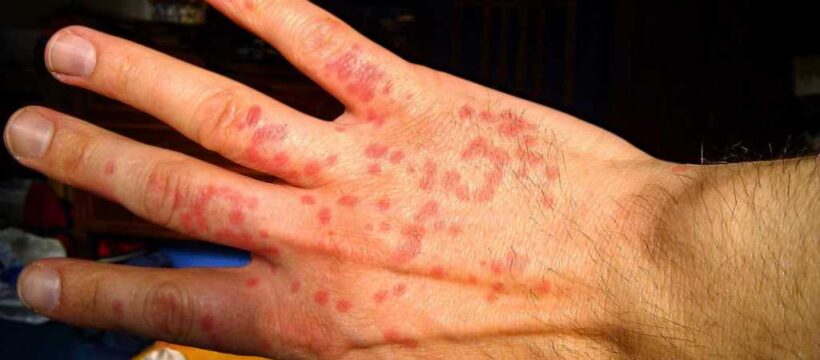SUMMER is finally here – but unfortunately the higher temperatures bring plagues of midges.
The annoying critters are hard to get rid of and leave painful bite marks on the skin. Here's what you need to know about them.
Do midges bite?
Midges are tiny flies about the size of a pin head.
They are known for their itchy bites and they are easily confused with mosquitoes.
There are different types of midges, but not all of them bite.
It is only female midges that cause painful blisters and sores.
Read More Insect Bites
Holiday warning over 8 common bug bites & when to get medical help immediately
I’m a GP – here’s 3 ways to avoid ‘killer’ mosquito bites as new diseases reach EU
The aggressive insects hunt down fresh blood as they need the nutrients to reproduce.
According to control and pesticides experts at Insect Shield biting midges have cutting teeth that break the skin to extract the blood.
However, the males are not dangerous as they only suck on plant nectar.
What do midge bites look like?
Midge bites are similar to mosquito bites which cause skin irritation.
Most read in Health

7 little-known symptoms of Lyme disease as Bella Hadid reflects on ‘suffering’

Urgent health warning over Krispy Kreme doughnuts as they're recalled

Mum shares heartbreaking photos of baby fighting for life as warning to parents

UK man bitten by cat suffers excruciating infection caused by unknown bacteria
If you're bitten by a midge, you'll often have numerous small, red bites all in one place.
They'll bite you anywhere that’s exposed, including on your head, face, in your hair or under your clothes.
You might feel them nip as their mouths are like scissors.
Their bites leave clusters of red dots all over the skin which an be extremely itchy.
Others can also leave a swollen lump on the skin in the area you were stung.
Doctors claim people can have severe reactions, sometimes suffering a burning sensation and red welts on their skin.
In extreme cases, people can develop blisters filled with fluid.
How do you treat midge bites?
Midge bites can be very uncomfortable with the constant itching.
Thankfully, they can be easily treated at home.
If the area is swollen, it is recommended to use a cold compress such as a flannel soaked in cold water for at least 10 minutes.
Other remedies include the use of antiseptic creams to avoid infections if the area bleeds.
Health experts advise taking painkillers if the sting is too painful.
How long does it take for midge bites to go away?
Most midge bites tend to disappear in a few days.
According to the NHS, the irritation should only last for a few minutes, but for some people the itching can take a long time to heal.
Read More on The Sun
Love Island finalists brutally snub Molly Marsh as Ella Thomas makes admission
Towie star reveals she’s pregnant with her first child
Some immune reactions can be severe and people can develop symptoms which can last for weeks.
The NHS advises to speak to your GP if you develop an allergic reaction.
Source: Read Full Article






